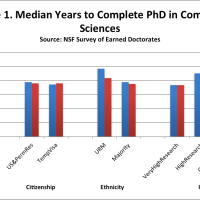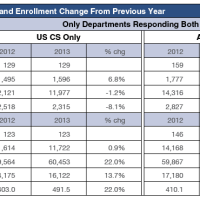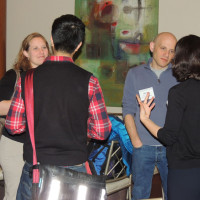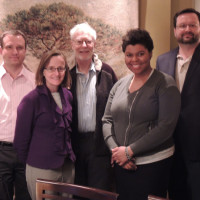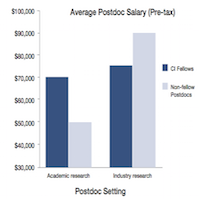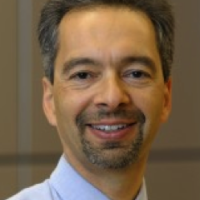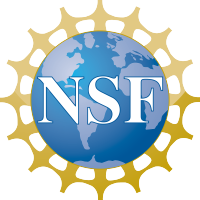
Highlights of the CISE Fiscal Year 2015 Budget Request
On March 4, President Obama delivered his Fiscal Year (FY) 2015 Budget Request to Congress, and the President’s FY 2015 Budget Request for NSF was presented on March 11. At $7.3 billion, this Request supports investments in fundamental research across all scientific disciplines, engineering, and education that continue to enhance our national economy, security, and quality of life. This represents an increase of $83 million, or about 1.2 percent, over the FY 2014 NSF Estimate.


